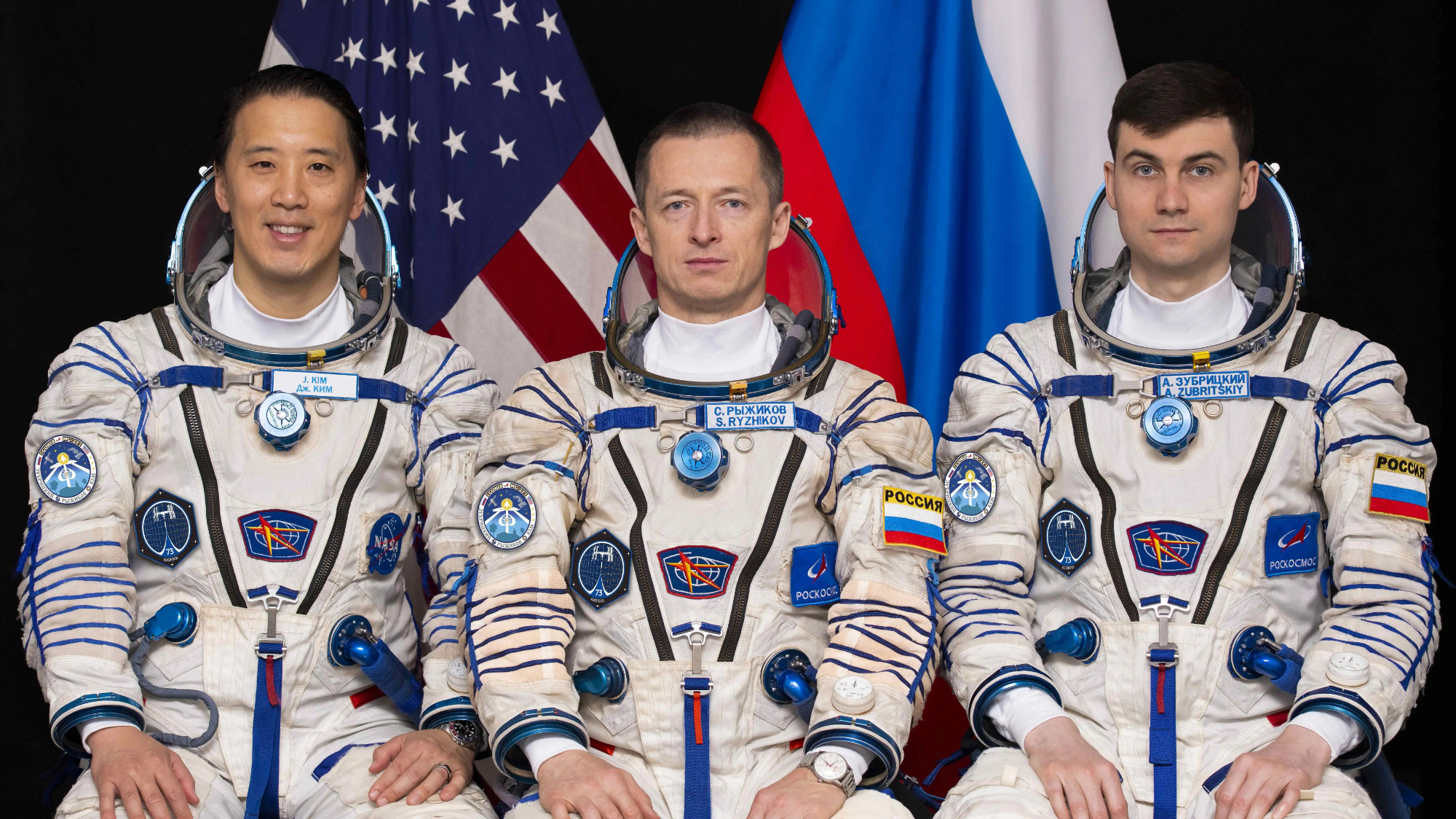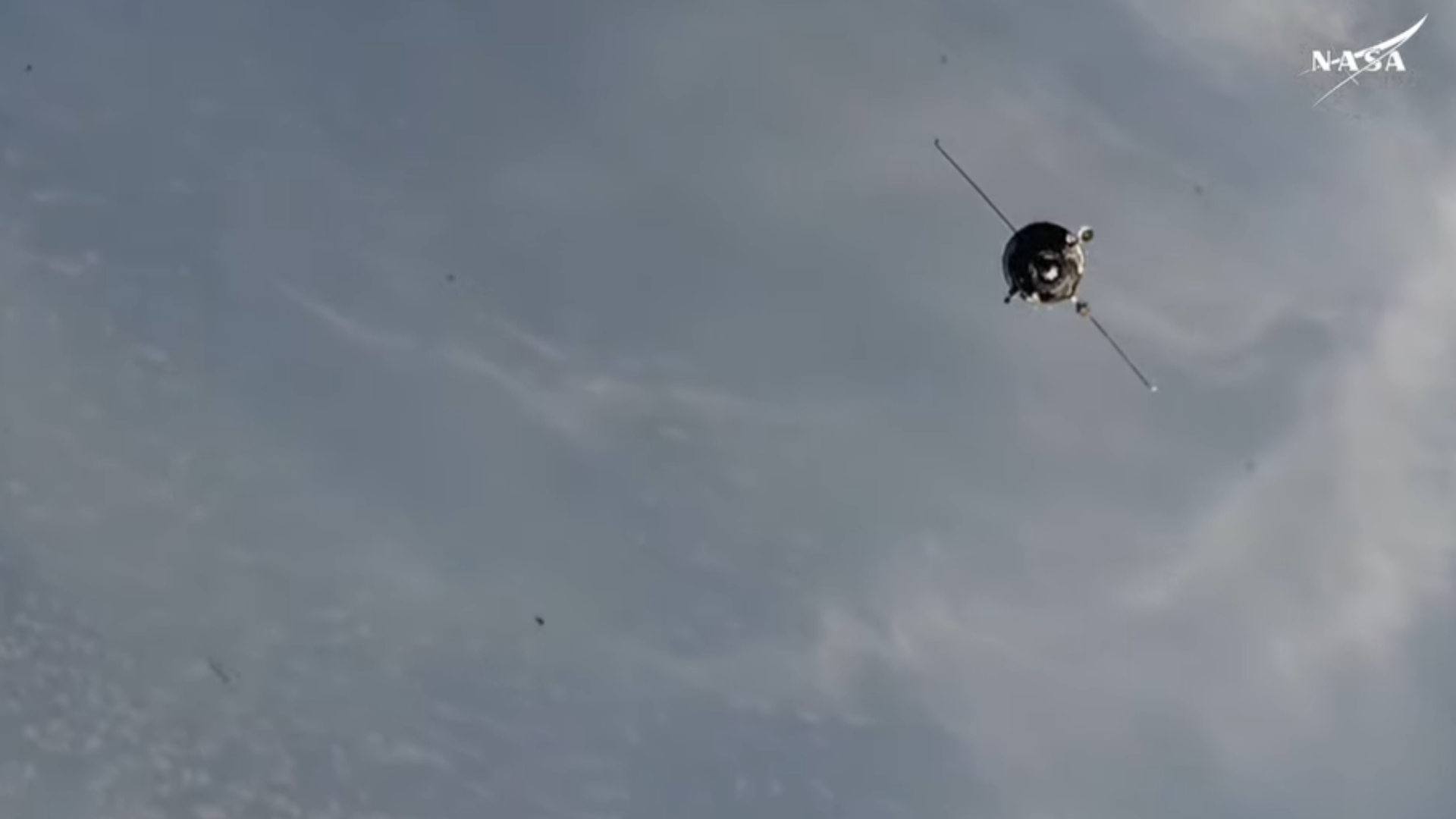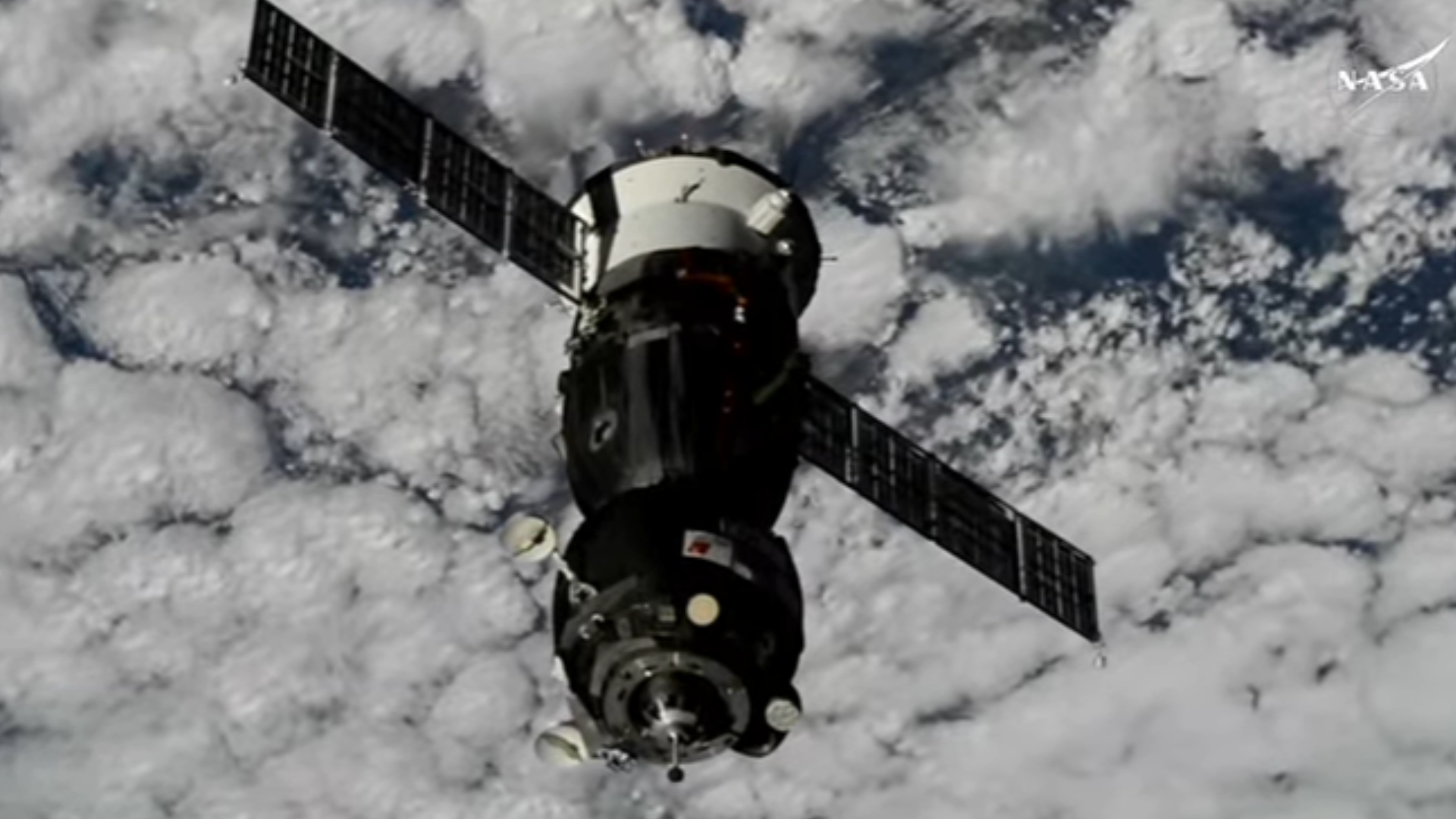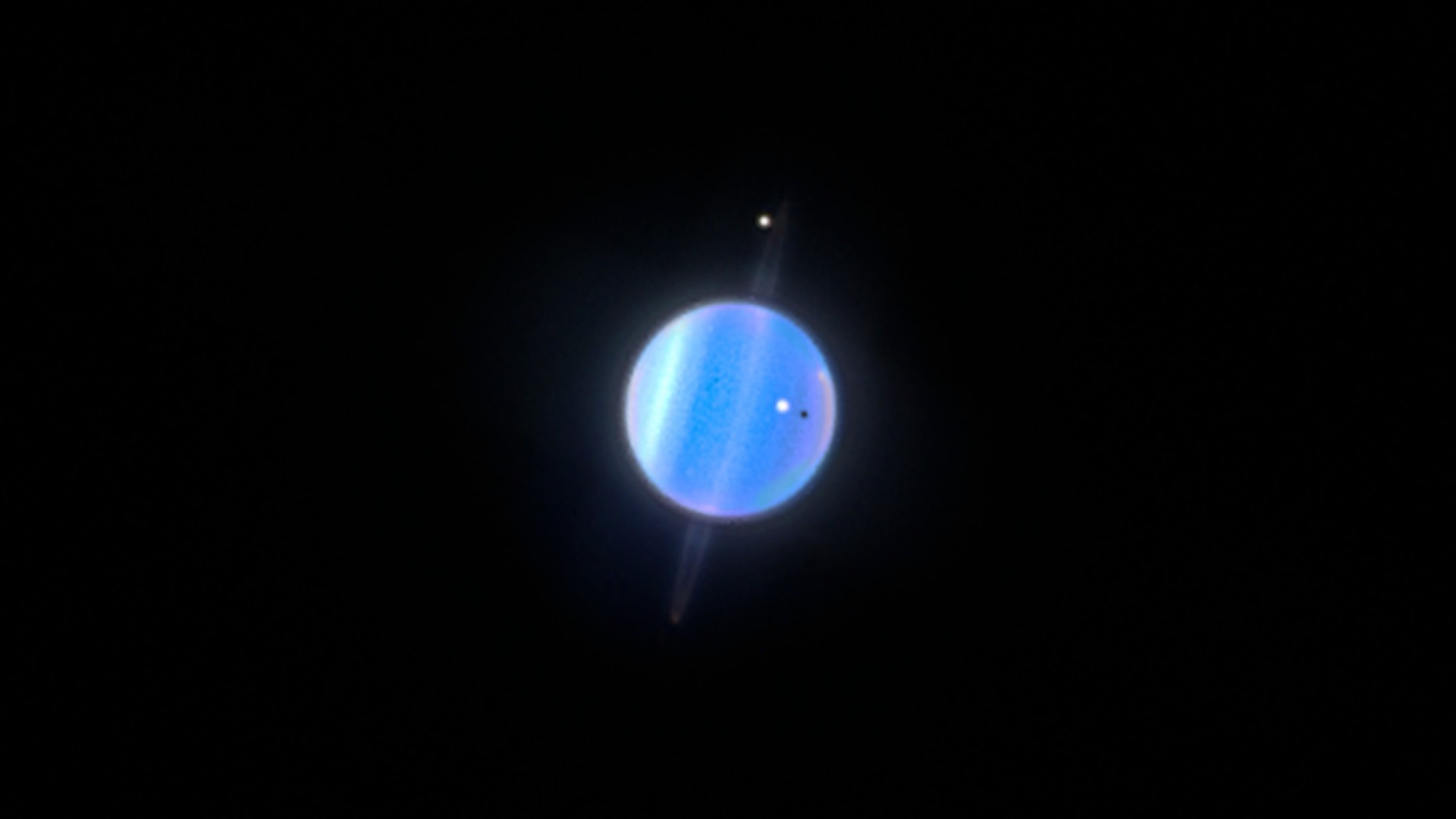NASA astronaut Jonny Kim and his two cosmonaut colleagues have arrived at the International Space Station (ISS).
The Russian Soyuz spacecraft carrying Kim, Sergey Ryzhikov and Alexey Zubritsky docked with the orbiting lab on Tuesday (April 8) at 4:57 a.m. (0857 GMT).

It was a quick trip for the trio, who launched atop a Soyuz rocket from Baikonur Cosmodrome in Kazakhstan on Tuesday at 1:47 a.m. EDT (0557 GMT; 10:47 a.m. local time in Kazakhstan).

The hatches between the Soyuz and the ISS are expected to open around 7:20 a.m. EDT (1120 GMT) on Tuesday. You can watch that milestone live here at Space.com, courtesy of NASA, or directly via the agency. Coverage will begin at 7:00 a.m. EDT (1100 GMT).
Related: Soyuz spacecraft: Backbone of Russian space program

This is the first spaceflight for both Kim — a medical doctor and former Navy SEAL who is the first Korean-American astronaut to reach the ISS — and Zubritsky. It's the third mission for Ryzhikov, who spent nearly a year on the orbiting lab across two missions in 2016-2017 and 2020-2021.
The three new arrivals will spend about eight months in orbit as members of the ISS's Expedition 72 and 73 missions. They'll return to Earth in December, if all goes according to plan.
Get the Space.com Newsletter
Breaking space news, the latest updates on rocket launches, skywatching events and more!
Join our Space Forums to keep talking space on the latest missions, night sky and more! And if you have a news tip, correction or comment, let us know at: community@space.com.

Michael Wall is a Senior Space Writer with Space.com and joined the team in 2010. He primarily covers exoplanets, spaceflight and military space, but has been known to dabble in the space art beat. His book about the search for alien life, "Out There," was published on Nov. 13, 2018. Before becoming a science writer, Michael worked as a herpetologist and wildlife biologist. He has a Ph.D. in evolutionary biology from the University of Sydney, Australia, a bachelor's degree from the University of Arizona, and a graduate certificate in science writing from the University of California, Santa Cruz. To find out what his latest project is, you can follow Michael on Twitter.
You must confirm your public display name before commenting
Please logout and then login again, you will then be prompted to enter your display name.
